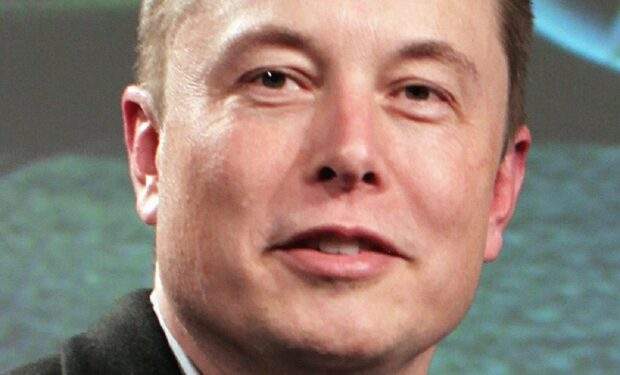Jumping on the Elon-Musk-is-so-over bandwagon, influential columnist Paul Krugman skewers the Tesla leader as less than trustworthy, a cardinal sin of leadership. In fact, Krugman drives home Musk’s recent tendency toward distortion by saying that he “wouldn’t trust him to feed my cat, let alone run a major corporation.”
While many believe — and the stock market seems to attest — that Musk has jumped the proverbial shark with his Twitter purchase and his subsequent online behavior, Krugman brings a reputation as a Nobel Prize-winning economist to his criticism. Not only that, Krugman’s Nobel citation regards him as an expert in “economies of scale” — the very thing Musk’s global enterprises purport to excel in utilizing.
Day traders might be dumping Tesla shares on emotion, and institutional investors shedding the shares because of supply chain snafus in China. But Krugman locks in on a more essential problem for any Musk-led enterprise: eroding trust in Musk himself.
There’s also an erosion of the cool factor, as Krugman addresses, writing: “Tesla sales have surely depended at least in part on the perception that Musk himself is a cool guy. Who, aside from MAGA types who probably wouldn’t have bought Teslas anyway, sees him that way now?”
But while markets honor and factor in “cool” — ask Malcolm Gladwell — cool comes and goes. (Check your closet for clothes that were cool a few years back.) Trustworthiness, however, is different. Trustworthiness is expected to be consistent — that’s a major part of why it’s the key ingredient for executive success.
The Center for Creative Leadership does an excellent job of describing the role of trust up and down the corporate chain. “Trust means ‘uncompromised by doubt.’ In the workplace, people can’t do their best work if they doubt others’ intentions or capabilities, the direction or viability of the organization, or, most importantly, if they doubt their own ability to keep up with the demands placed on them.”
The description continues with a sentence that will strike a chord with followers of any of Musk’s companies: “This is especially true in today’s environment of complex change and ambiguity, when employees are being asked to do more with less.”
As anyone familiar with the boy who cried wolf will know, once lost, trust is hard to regain. Not being trusted enough to feed a cat is merely Krugman’s opinion, but it creates a strikingly memorable portrayal.
Musk’s standard line against the alleged bias of the mainstream media (here the New York Times) will no doubt be applied in his defense — if not by him, then by his remaining loyal followers.
Nevertheless, the criticism further chips away at Musk’s reputation. This is notable because the chief point of Krugman’s story is how the power of perception influences valuation, and how the perception of Musk as virtually infallible contributed mightily to the valuation of Tesla shares. Then comes the Krugman’s starving cat. The feline line might have a long tail.
Trustworthiness is by consensus a hugely important quality in a CEO — especially of a public company — ranking even above savvy and know-how, which Musk has unquestionably displayed. Why is trust so paramount?
Because the stock market is essentially a compilation of bets on the future of the companies traded there — and nothing puts a corporation’s future more surely in peril than a CEO who creates a trust deficit. (See: Bernie Ebbers, Adam Neumann, Sam Bankman-Fried, Elizabeth Holmes.)
If the Tesla meltdown continues — it has shed nearly 70% of its value this year — Krugman’s cat might soon be as well known as Schrodinger‘s.
